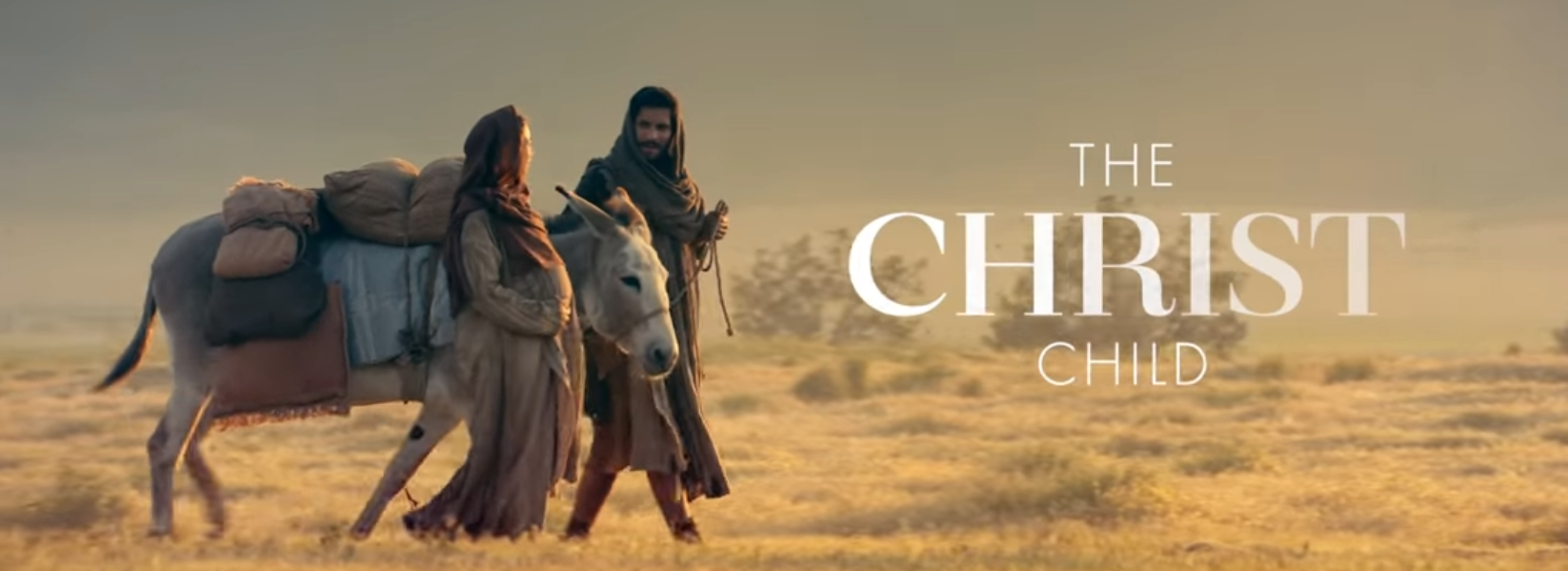九二 領 悟
大師愈來愈衰老了,弟子們懇求他不要捨棄他們。大師說:「如果我不走,你們怎能看得見?」
「當您同我們在一起時,什麼因素遮住了我們的眼睛?」他們問。
然而大師一言不發。
當他的死期近了。他們又問:「你走了以後,我們會看見什麼?」
大師眼中閃爍着光輝:「我以前都是坐在河邊為你們汲水;我走後,你們才會看到那條河本身。」
RECOGNITION
As the Master grew old and infirm the disciples begged him not to die. Said the
Master, “If I did not go how you would ever see?”
“What is it we fail to see when you are with us?” they asked.
But the Master would not say.
When the moment of his death was near they said, “What is it we will see when you
are gone?”
With a twinkle in his eye the Master said, “All I did was sit on the river bank handing
out river water. After I’m gone I trust you will notice the river.”
